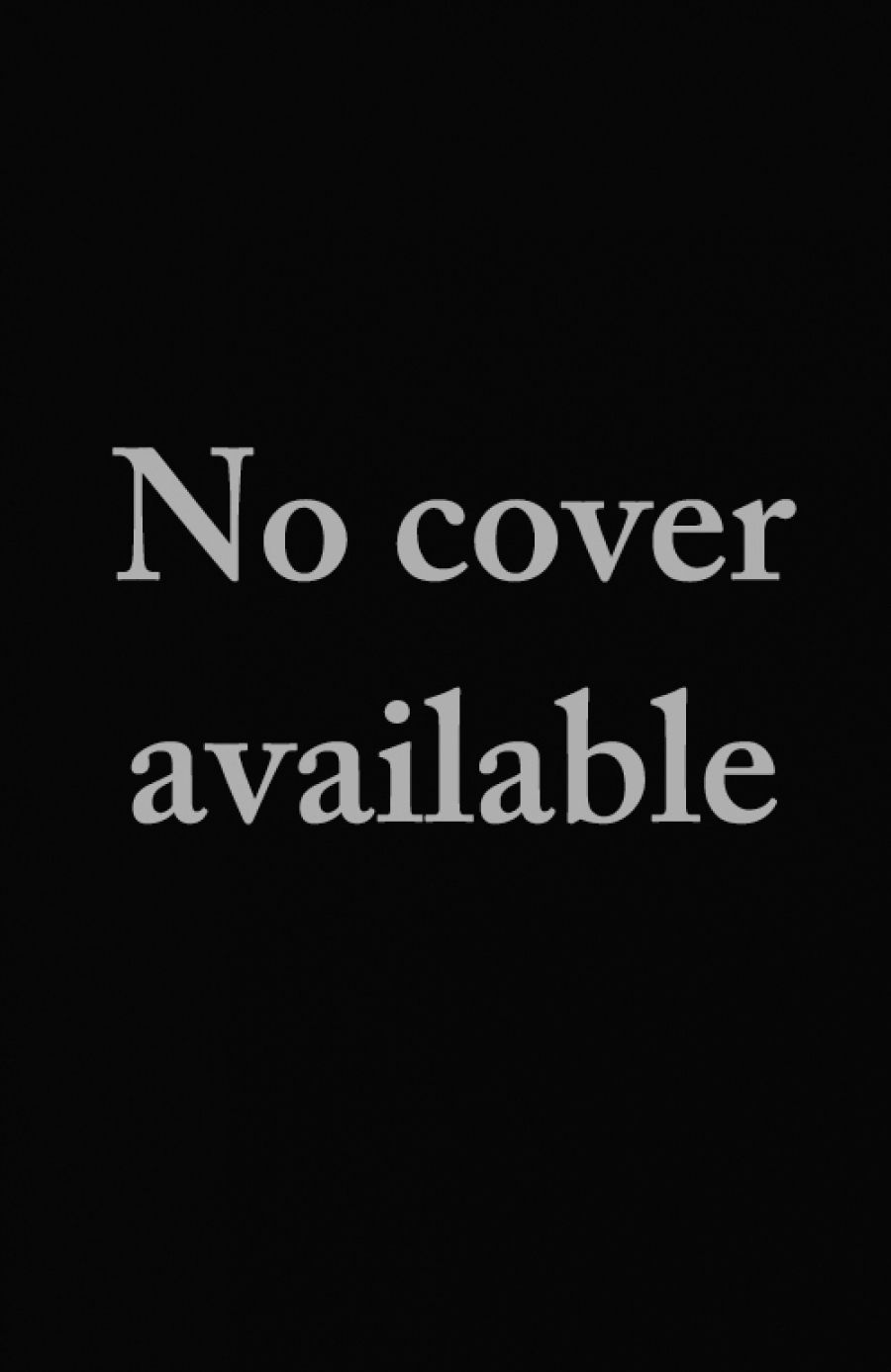
- Free Article: No
- Contents Category: Fiction
- Review Article: Yes
- Online Only: No
- Custom Highlight Text:
Barry Hill, who is among a few Australians who write from the head as well as from the emotions, sets his latest novel in a Buddhist Teaching Centre in a Queensland forest. Not so deep in the forest that the glorious coast itself cannot be seen, a fact that causes young Mark, who has just learned that his girlfriend Robin is pregnant, to remind himself that (as he gazes at the breakers hurling themselves into spray one hundred kilometres away) he may never surf again: paternal responsibility implying no more surfing. The reader may feel that as Robin is only thirteen years old the partnership, even if she has the baby, may be over in plenty of time for Mark to have a few good surfs before his muscles collapse.
- Book 1 Title: The Best Picture
- Book 1 Biblio: McPhee Gribble, 334 pp, $34.99 hb
Two recent novels have turned the fascinations and intricacies of eastern religions upside down and inside out – John Updike’s S and Ruth Prawer Jhabvala’s Three Continents – but they were concerned with big deals. Hill’s Centre is a little deal, with few, but credible and interesting and distinctive characters. Those who feel they already know more than they actually need about Buddhist groupies should not be deterred. A few pages of rumination –with philosophers such as Wittgenstein, Bertrand Russell, Ayer etc (consult your Fontana Dictionary of Modem Thought) leaning over the author’s shoulder – turned out to be fairly opaque to me, but no harm done, and the story is lively, confident and fresh enough to sustain one through the occasional murky bit.
The book, which is an extremely handsome production and a pleasure to look at and handle, begins in a train and ends there, or rather at a station towards which a train is diesling. Mark and Robin are in the original train. It arrives in darkness, they telephone a number and a vehicle comes barrelling down the mountain, driven by Anna the Buddhist nun wearing her (presumably) saffron robes. Though dedicated, she is, it later develops, not entirely free of the world.
The Centre includes a motel whose rooms are vulnerable to snakes, a farmhouse, an admin building, some A-frame shacks and a gomba, the Buddhist version of a chapel.
Besides Anna there is the couple Larry and Jo with their children Zen and Sky (well, you wouldn’t expect Hamish and Samantha, would you?); Tracey, a worker; motel occupants, who play no part other than to scream at an intruding snake; Will, who has changed his name from Phil for personal reasons of non-commitment; Herman, an American who has been on the Kathmandu trail, as have Jo, Anna, Larry etc.
A favoured novelist’s trick is to collect some people in one place – ship, island, airport, boarding-house, school – and make a story out of their provenance and past experience as much as out of their current interaction. Hill does not do this. In fact, the reader learns very little about the background and early history of Larry, J, etc. and catches only a glimpse of Will or Anna preCentre. And all we know of their future is that they will leave the Centre. That is guaranteed, even for Geshe-la. By the end of the novel, some are already on the move. In any case the kind of people who like to try a session of what is sometimes called, pejoratively, communal potato-digging, prefer to be players rather than stayers.
The two wonderfully well-drawn women, Jo and Anna, had ‘crossed paths’ in Kathmandu in the winter of ‘71 ... they knew the same coffee shop in the same month, the same week’ Jo recalls: ‘Amazing, or not so amazing. How much choice do we have in these things? Of destiny we should not speak.’ Anna’s view is, ‘What difference does it make, the order of events? It’s not as if they were stuck together, joined with glue. They are more or less tied, as shoes are, by laces. We can undo the order of things with a calm moment’s thought.’
On his first night at the Centre, Will puts himself to bed while it is still light with The Tibetan Book of the Dead. ‘Quiet misery’ is what he has. Later, in conversation with Anna, he says he will take the gift of liberation which has been handed to him, and go. You have to applaud his statement: ‘Some parents have to wait ... twenty years or more before they face the fact that their kids are short term guests in their house. All those men, weeping at their daughter’s weddings, how pathetic can you get? Christ Almighty. All because they can’t let go. I’m letting go. I’ve let go.’ He has never felt so strong, he has never felt so clear, he knows he is right, absolutely ...
But a little while later he tells Anna, ‘Everything I’ve just said is worthless. I don’t think I ever spouted such a load of crap.’ Very disappointing to have Will cave in like this.
People who like ends to be tied, and for a certain number of characters to depart the text holding hands, are going to be disappointed with The Best Picture, assuming they tackle it in the first place. For everyone else, it will be a good read, not to say a rewarding experience, and evidence of a remarkable penetration of a Buddhist Teaching Centre by the author.


Comments powered by CComment